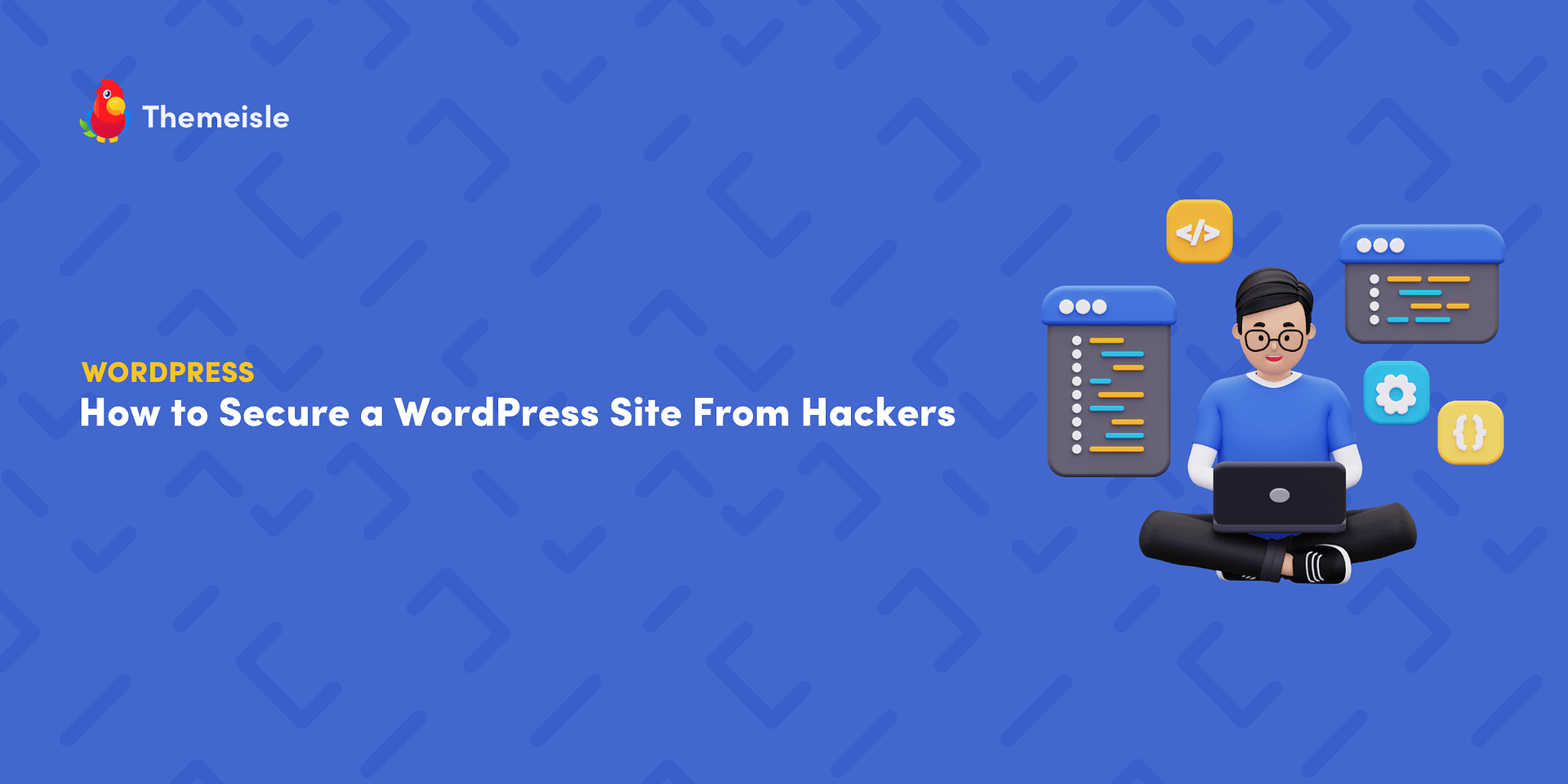WordPress, a widely embraced content management system (CMS), consistently receives crucial security updates. Nonetheless, it remains susceptible to hacking attempts. Whether you’re running an e-commerce platform or a personal blog, safeguarding your WordPress website from potential security breaches is paramount. The best part? You don’t need to be a security expert to do so. With a few preventive measures and the right tools, you can fortify your website against hackers, ensuring they can’t gain unauthorized access and compromise your valuable data.
Common WordPress Hacking Attacks:
WordPress is the powerhouse behind 43% of websites on the internet, making it an attractive target for cybercriminals. Several common hacking techniques pose threats, including Cross-Site Scripting (XXS), brute-force attacks, and Structured Query Language (SQL) injection attacks. Sites with an abundance of plugins are particularly vulnerable, with e-commerce platforms often targeted due to the allure of sensitive data, such as credit card information.
Strategies to Secure Your WordPress Website from Hackers:
- Enable Two-Factor Authentication (2FA): Implementing 2FA is a smart move, adding an additional layer of security. Users are required to enter a code sent to their mobile phone or email address after providing their username and password. This ensures that even if login credentials are compromised, unauthorized access remains a distant possibility.
- Change the WordPress Login URL: Take advantage of plugins like “WPS Hide Login” to create a custom login URL. This step makes it considerably more challenging for hackers to locate your login page, as it won’t adhere to the default “wp-login.php.”
- Limit Login Attempts: Utilize plugins like “Limit Login Attempts Reloaded” to restrict the number of login attempts a user can make. This effectively thwarts brute-force attacks by preventing attackers from repeatedly trying different password combinations.
- Keep Core, Plugins, and Themes Updated: Regularly update your WordPress core, plugins, and themes. These updates are essential for staying ahead of potential vulnerabilities, as they often include critical security patches and bug fixes. Neglecting updates can leave your site exposed.
- Choose a Secure Web Host: Consider migrating to a reliable hosting provider that prioritizes security. Opt for hosts that actively monitor for suspicious activity, conduct regular updates, and offer robust backup solutions. A secure hosting environment provides an extra layer of defense against hacking attempts.
By diligently following these strategies, you can significantly bolster the security of your WordPress website, safeguarding it from potential hacking attacks. Your vigilance in this regard ensures that your website remains a safe and reliable platform for your visitors and customers.


